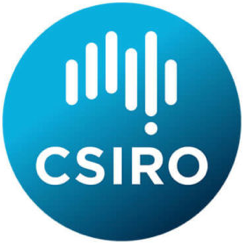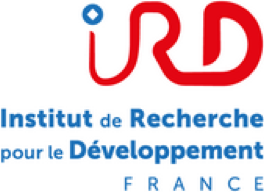Project
The proposed project assesses the risk of decreased marine ecosystem productivity as a turning point for the ecological, economic and social systems that are interconnected under the Humboldt Upwelling System (HUS). The system's climate-related productivity is highly variable and affects local livelihoods and global markets.
The project focuses on two marine systems; on the one hand the high seas pelagic system that supplies the Peruvian industrial anchovy fishery with attention to its regional and global impacts through exports to international markets. On the other hand there are the coastal (Independence Bay and Sechura Bay) and insular (Galapagos) systems where artisanal fisheries, aquaculture and ecotourism are key maritime activities for livelihood provision.
With a consortium of biogeochemists, fisheries ecologists, ocean and ecaosystem modellers, economists, social scientists and local communities from both Germany and Peru, we will work to understand the relationships between ecological, social and economic dynamics in the HUS.
Central questions:
What are the direct impacts on artisanal fishery communities?
What are the impacts on the industrial fleet?
How will the projected changes impact the local and global markets?
What kind of policy measures can ensure a sustainable use of the natural resources?
More information about the project of the Federal Ministry of Education and Research (BMBF) and the Project Management Agency (DLR) in Germany can be found here:
https://www.dlr.de/pt/en/desktopdefault.aspx/tabid-11212/16307_read-47496/
Visit Phase 1 of the Humboldt Tipping Project
Advisory board
The project is consulted by a scientific advisory board. The following institutions form the board:

MBARI, USA
Prof. Dr. Francisco Chavéz

CSIRO, Australia
Dr. Beth Fulton

IRD, France
Dr. Yunne Shin

UC Berkeley, USA
Prof. Dr. Frank Asche

GIZ, Peru
Dr. Philine Oft


